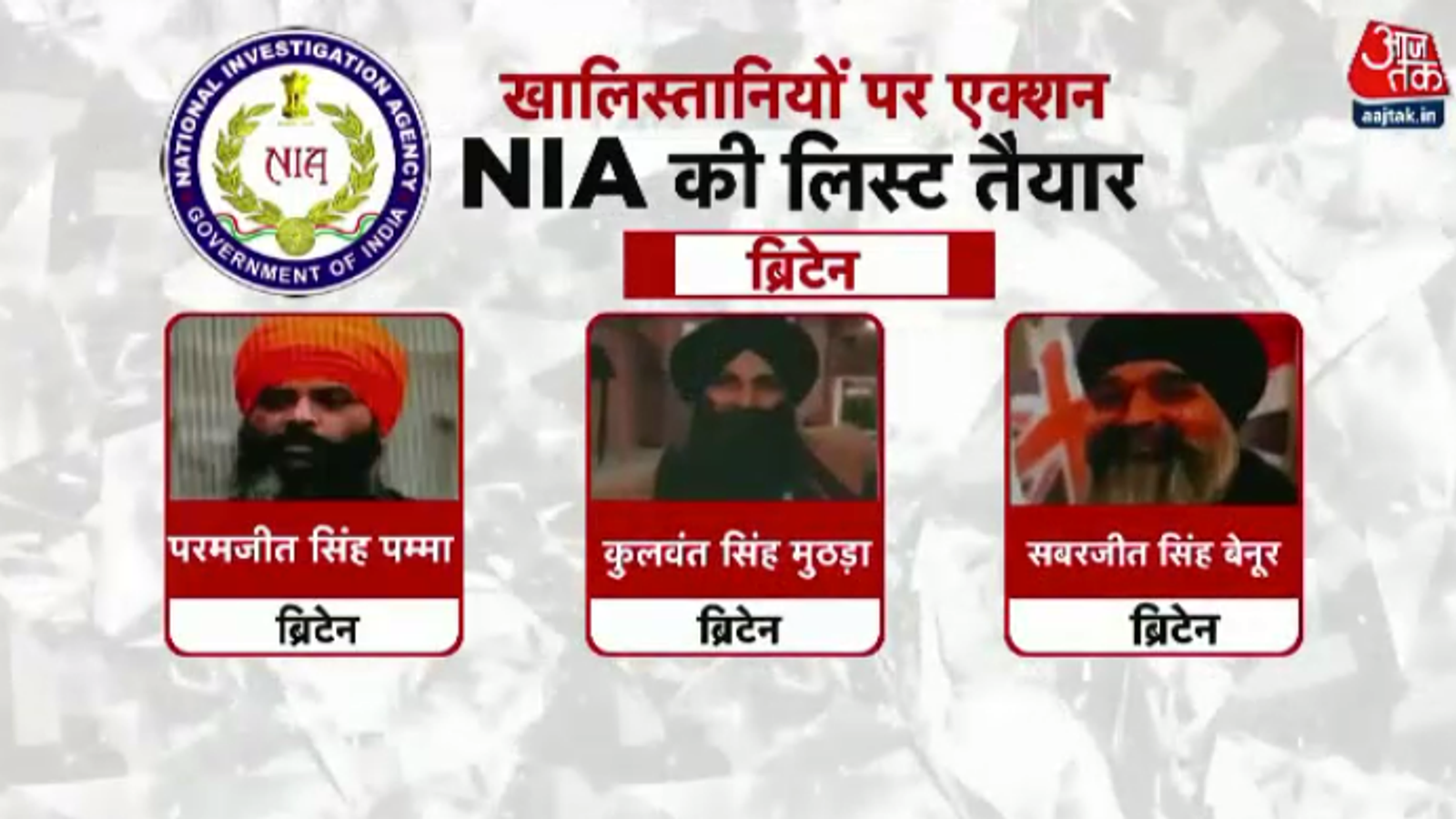SOURCE: AFI

In a complex international scenario, six individuals accused of violating Indian terror laws find themselves entangled in a web of legal and diplomatic challenges while residing in the United Kingdom. The Indian National Investigation Agency (NIA), responsible for counter-terrorism efforts in India, has listed these individuals, prompting them to seek additional security from local authorities out of un-found fear of potential reprisals from Indian agents.
Among the accused is Kulwant Singh Mothada, a figure associated with the Pro-Khalistani movement operating from the UK. Mothada’s has a made a plea for safety amid the escalating tensions surrounding allegations of terrorism and separatism. He asserts his status as a law-abiding citizen and emphasizes the principles of self-determination advocated by the United Nations.
The backdrop of the accusations is further complicated by incidents such as the violent protest outside the Indian High Commission in the UK, which occurred last June. While Mothada attributes the unrest to another group, the incident underscores the volatility surrounding issues related to India’s internal affairs and the diaspora’s engagement with them.
The extradition proceedings sought by Indian authorities against the accused individuals underscore the complexities of legal jurisdiction and diplomatic relations in an increasingly interconnected world. The UK government faces the delicate task of balancing its obligations under international law.